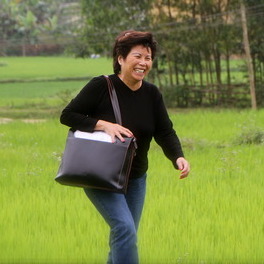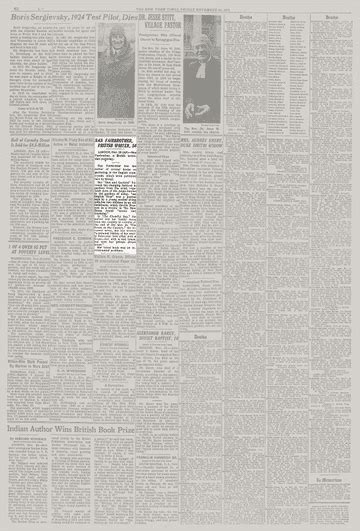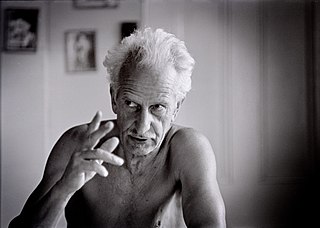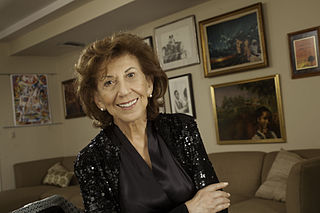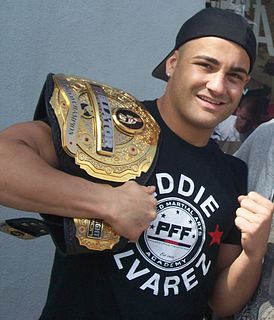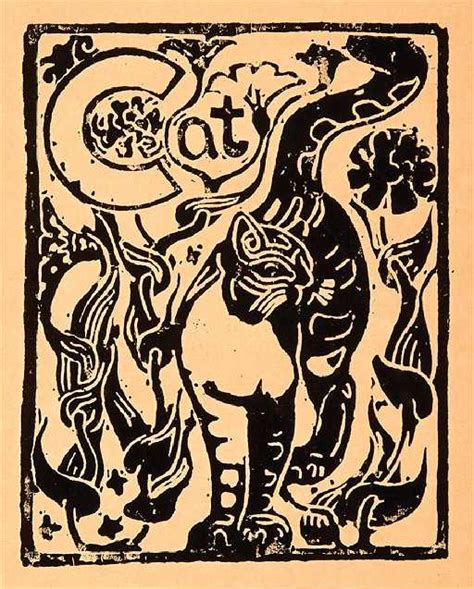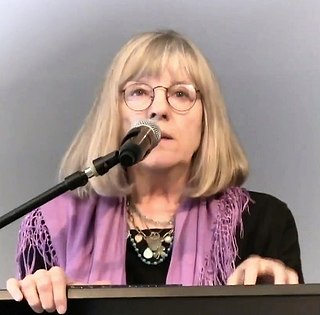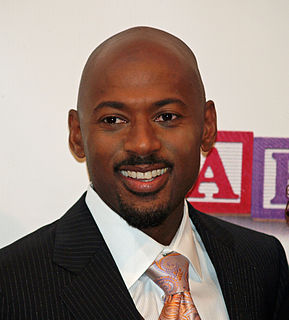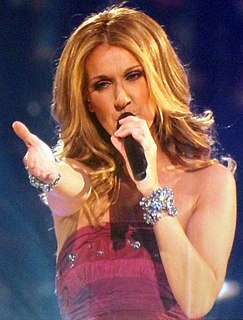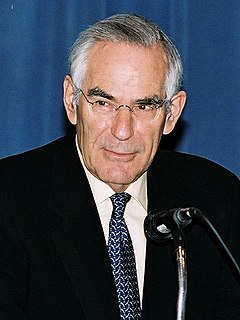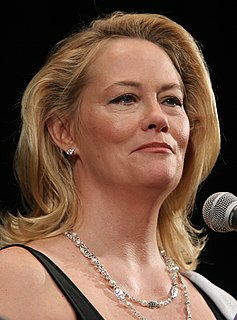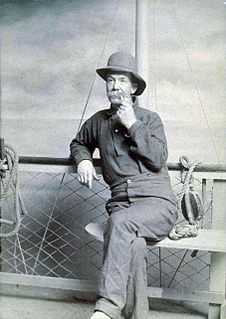Top 1200 Pain And Loss Quotes & Sayings - Page 5
Explore popular Pain And Loss quotes.
Last updated on December 21, 2024.
For you see, the face of destiny or luck or god that gives us war also gives us other kinds of pain: the loss of health and youth; the loss of loved ones or of love; the fear that we will end our days alone. Some people suffer in peace the way others suffer in war. The special gift of that suffering, I have learned, is how to be strong while we are weak, how to be brave when we are afraid, how to be wise in the midst of confusion, and how to let go of that which we can no longer hold. In this way, anger can teach us forgiveness, hate can teach us love, and war can teach us peace.
when people go away, or when we leave the places we love, or something we treasure goes out of our life - I have always noticed that before it happens - this leaving, this parting - when we think about it beforehand we are overwhelmed with sadness at the loss to come. ... the most unbearable sense of loss, the worst homesickness of all, so I have found, is this loss and sickness we feel beforehand, before we ever leave home.
The deeper our faith, the more doubt we must endure; the deeper our hope, the more prone we are to despair; the deeper our love, the more pain its loss will bring: these are a few of the paradoxes we must hold as human beings. If we refuse to hold them in the hopes of living without doubt, despair, and pain, we also find ourselves living without faith, hope, and love.
When you want something so bad it hurts,” he said quietly, “and you bury it, bury it so deep that you convince yourself it no longer matters . . . and someone tells you you can have it, it's terrifying. What if you take the chance and you're wrong? What if you let yourself feel the loss and it's this huge pain and you can't put it back in the box?
It was like that. Sometimes I'd go for a period—days or weeks—without feeling the full sweep of my loss, and then as unexpected as a thunderclap, the realization would rip the protective coating from my senses. Maybe that's the way it is with trick knees and aging griefs. Totally pain free one moment and absorbingly painful the next.
Like everyone else in the world, I've been devastated by the loss and suffering of so many in South Asia....As a mother, I cannot imagine the pain that they are experiencing. We can all see that it's going to take a long time for those people to rebuild their lives, and they will need our help for years to come.
Rowing, particularly sculling, inflicts on the individual in every race a level of pain associated with few other sports. There was certainly pain in football during a head-on collision, pain in other sports on the occasion of a serious injury. That was more the threat of pain; in rowing there was the absolute guarantee of it every time.
It is said that mourning, by its gradual labour, slowly erases pain; I could not, I cannot believe this; because for me, Time eliminates the emotion of loss (I do note weep), that is all. For the rest, everything has remained motionless. For what I have lost is not a Figure (the Mother), but a being; and not a being, but a quality (a soul): not the indispensable, but the irreplaceable.
The good news of the gospel [for sufferers] is not an exhortation from above to 'hang on at all costs,' or 'grin and bear it' in the midst of hardship. No, the good news is that God is hanging on to you, and in the end, when all is said and done, the power of God will triumph over every pain and loss.
Obesity is the result of a loss of self-control. Indeed, loss of self-control might be said to be the defining social (or anti-social) characteristic of our age: public drunkenness, excessive gambling, promiscuity and common-or-garden rudeness are all examples of our collective loss of self-control.
If a man does not die of a wound, then it heals in some fashion, and so it is with loss. From the sharp pain of immediate berevement, both the Prince and I passed into the gray days of numb bewilderment and waiting. So grief has always seemed to me, a time of waiting not for the hurt to pass, but to become accustomed to it.
Jesmyn Ward is an alchemist. She transmutes pain and loss into gold. Men We Reaped illustrates hardships but thankfully, vitally, it's just as clear about the humor, the intelligence, the tenderness, the brilliance of the folks in DeLisle, Mississippi. A community that's usually wiped off the literary map can't be erased when it's in a book this good.

